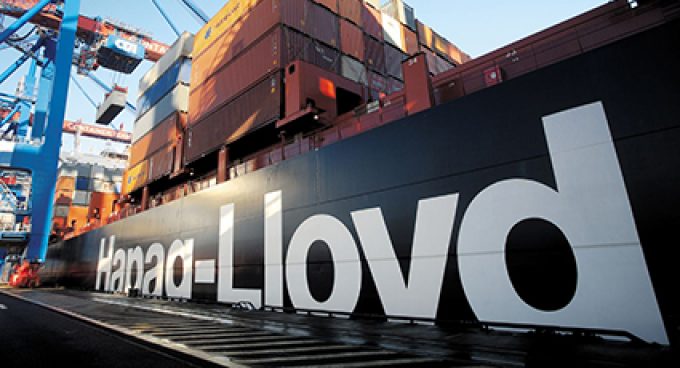Transpacific set to see record level of ship capacity in July as rates crash
The transpacific trade continues to descend into something akin to chaos – with major deepsea ...

Portchain has signed up Hapag-Lloyd for its AI-powered advanced fleet planning solutions, a further sign carriers are getting serious about improving schedule reliability.
Using predictive algorithms to flag potential disruptions in shipping schedules, Portchain said the software can help a carrier increase its planning horizon, improve ...

Comment on this article